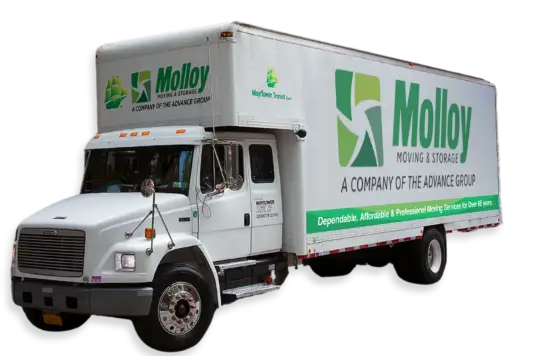Choosing the right moving company is crucial for a smooth, stress-free move. With countless options available, finding a reliable partner for your household move requires research, careful evaluation, and attention to essential details. Here’s how to identify and choose a moving company that will handle your belongings with care and professionalism.
Start Your Research Early
Begin your search at least eight weeks before your moving date, especially during peak season from May through September. Early planning gives you more options and better pricing. Start by asking friends, family, and colleagues for recommendations from their own moving experiences.
Create a list of potential companies and research each one thoroughly. Check their websites for service offerings, coverage areas, and company history. Look up ratings with the Better Business Bureau and read customer reviews on multiple platforms to get a balanced perspective on their reputation.
Verify Licensing and Insurance
Legitimate moving companies must be properly licensed and insured. For interstate moves, verify that companies have a valid U.S. Department of Transportation (USDOT) number, which you can check through the Federal Motor Carrier Safety Administration database.
For local moves, check state licensing requirements and confirm the company meets all regulations. Ask about their insurance coverage and understand what protection your belongings will have during transit. Reputable companies carry both liability insurance and workers’ compensation coverage.
Get Multiple Written Estimates
Contact at least three companies for detailed written estimates. Legitimate movers will want to see your belongings before providing accurate quotes, either through in-home visits or detailed video surveys. Be skeptical of companies that offer estimates over the phone without seeing what you’re moving.
Compare estimates carefully, looking beyond just price. Understand what services are included, how items are calculated, and what additional fees might apply. The lowest bid isn’t always the best choice if it doesn’t include necessary services or comes from an unreliable company.
Understand Different Types of Estimates
Moving estimates come in three types: binding, non-binding, and binding not-to-exceed. Binding estimates guarantee the total cost based on the listed services and inventory. In contrast, non-binding estimates provide approximate costs that can change depending on the actual weight or time required.
Binding not-to-exceed estimates offer the best protection, guaranteeing you won’t pay more than the estimate even if your shipment weighs more than expected. Understanding these differences helps you choose the pricing structure that works best for your situation.
Evaluate Company Services and Specialties
Different companies excel in various areas. Some specialize in local moves, while others focus on long-distance relocations. Consider whether you need additional services like packing, storage, or specialty item handling for pianos, artwork, or antiques.
Red Flags to Avoid
Certain warning signs indicate companies to avoid entirely. Never work with movers who demand large upfront payments, show up without proper identification, or refuse to provide written estimates. Companies that quote unusually low prices often add surprise charges later or provide poor service.
Be cautious of door-to-door solicitation or companies with no physical address. Legitimate businesses maintain established locations and don’t typically cold-call potential customers. Trust your instincts if something feels wrong during initial interactions.
Ask the Right Questions
Prepare specific questions to evaluate each company thoroughly. Ask about their experience with moves similar to yours, how they handle damage claims, and what their typical timeline looks like. Find out if the same crew handles loading and unloading or if different teams will be involved.
Review Contracts Carefully
Before signing any contract, read every detail carefully. Ensure all verbal promises are documented in writing, and understand the terms for payment, delivery, and liability. Don’t sign blank documents or contracts with missing information.
Confirm pickup and delivery dates, inventory lists, and total costs. Ask questions about anything you don’t understand, and don’t feel pressured to sign immediately. Reputable companies allow time for contract review.
Your Move, Their Expertise
Choosing the right moving company requires careful research and evaluation, but the effort pays off with a smoother, less stressful relocation experience. Take time to verify credentials, compare services, and select a company that demonstrates professionalism and reliability from your first interaction.
Looking for a moving company you can trust with your precious belongings? Our experienced team has been helping families relocate safely for years. Contact us today for a free quote..




